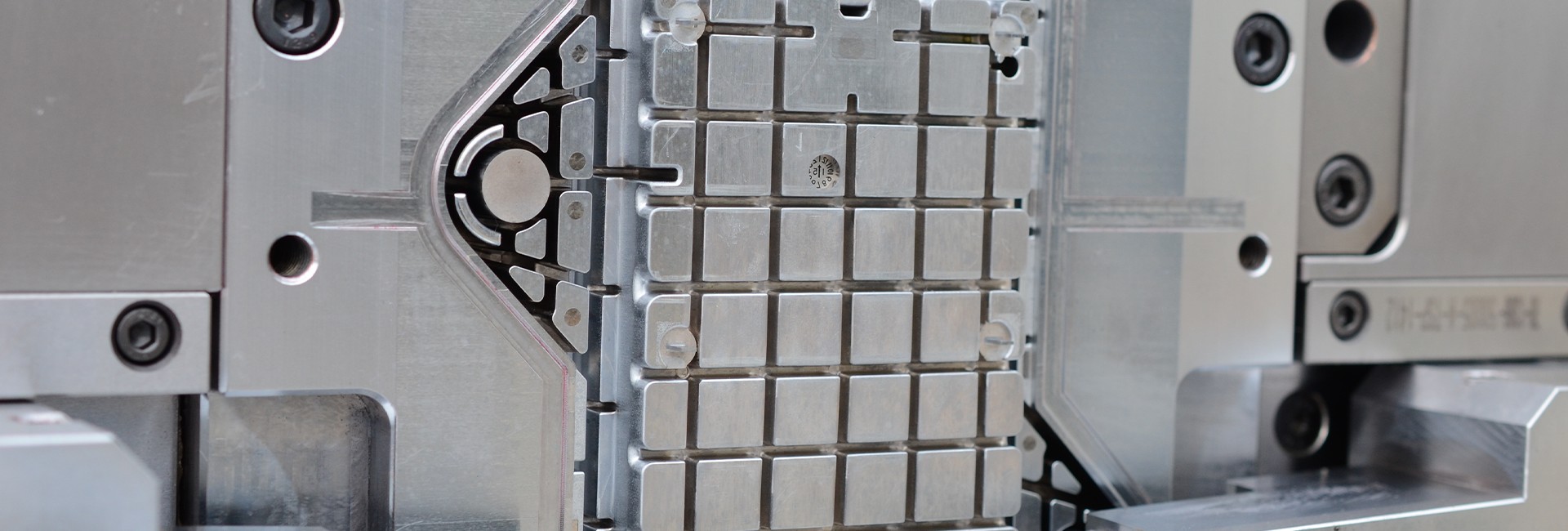
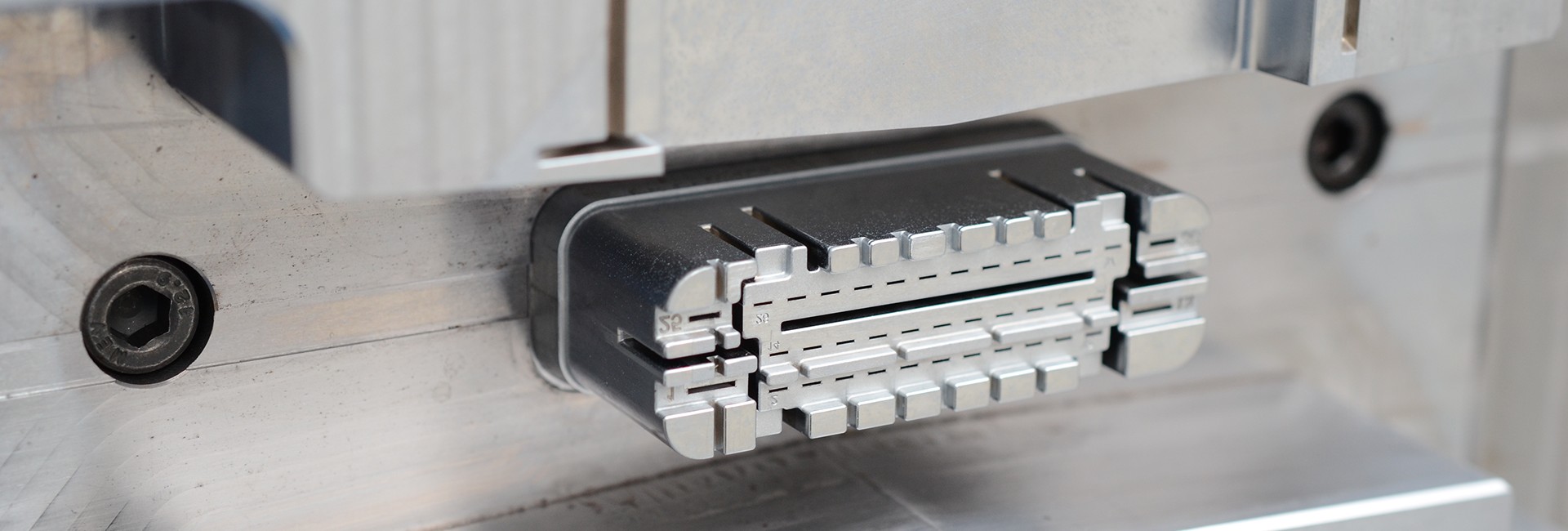
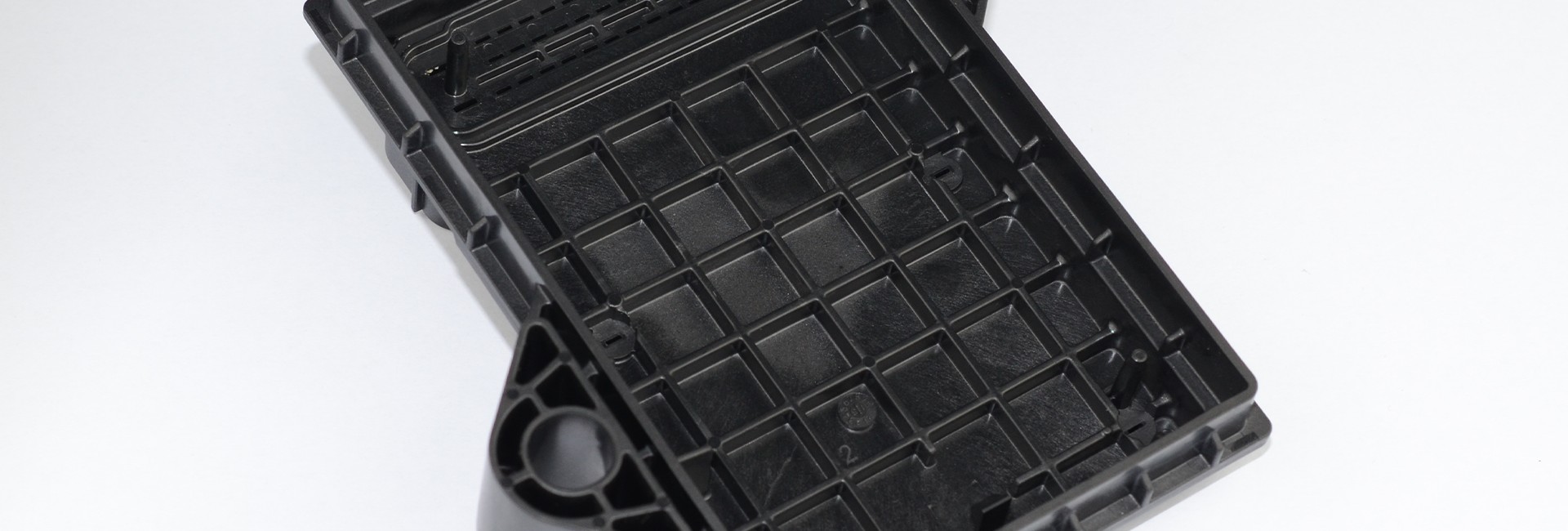
Our plastic injection mold for ECU housing is designed for high-precision manufacturing of automotive electronic control unit (ECU) covers and enclosures. Engineered with durability, precision, and mass-production efficiency in mind, our molds ensure consistent part quality, structural stability, and seamless assembly with PCB and connector systems.
Our molds are widely used by Tier-1/Tier-2 automotive electronics suppliers and plastic part manufacturers.
| Mold Type | Mold Base | Mold Steel | Mold Life |
|---|---|---|---|
| Injection Mold (Single/Multiple cavity optional) | LKM / HASCO / DME Standard | P20 / 718 / NAK80 / S136 / H13 etc. | 500,000 – 1,000,000 shots |
| Tolerance | Surface Finish | Hot Runner System | Lead Time |
|---|---|---|---|
| ±0.01–0.02 mm | Texture, Polish, Etching, VDI Standard | YUDO / Mold-Masters / Synventive (optional) | 25 – 40 working days |
| Wire Insulator Material | FEP / PVC |
|---|---|
| Mold Type | Injection Mold (Single/Multiple cavity optional) |
| Mold Base | LKM / HASCO / DME Standard |
| Mold Steel | P20 / 718 / NAK80 / S136 / H13 etc. |
| Mold Life | 500,000 – 1,000,000 shots |
| Tolerance | ±0.01–0.02 mm |
| Surface Finish | Texture, Polish, Etching, VDI Standard |
| Hot Runner System | YUDO / Mold-Masters / Synventive (optional) |
| Lead Time | 25 – 40 working days |
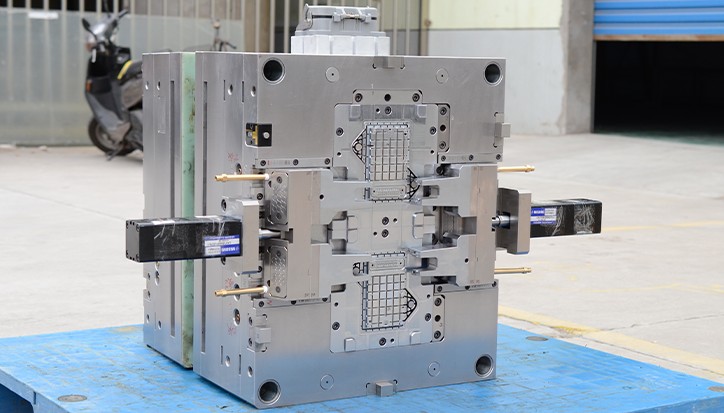
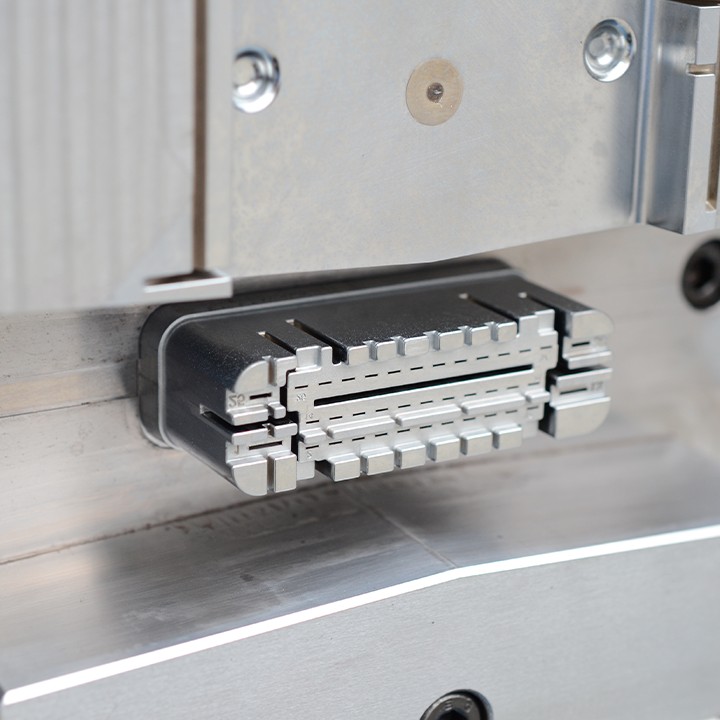
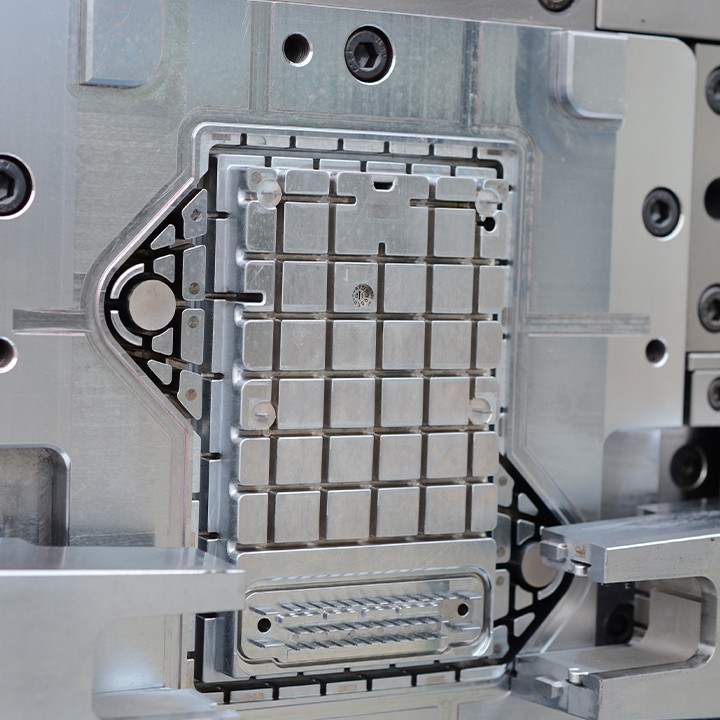
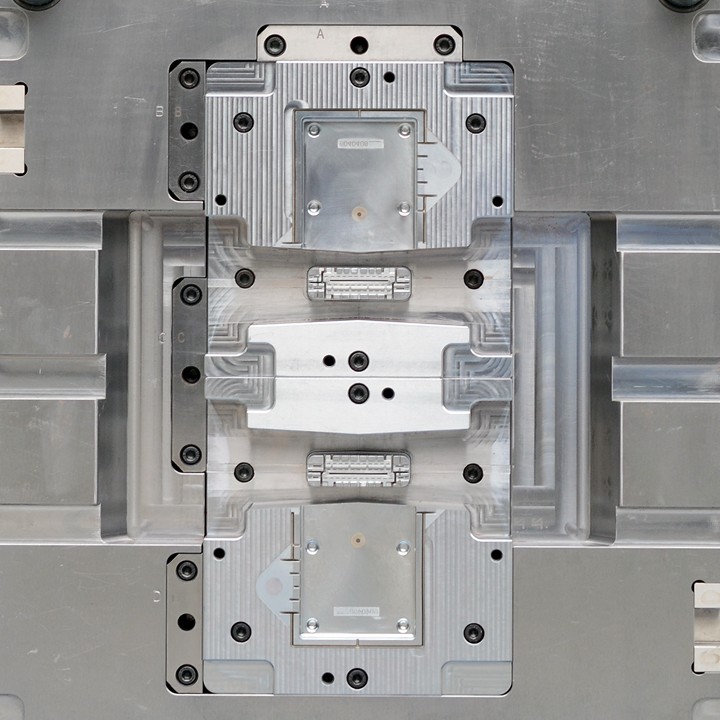
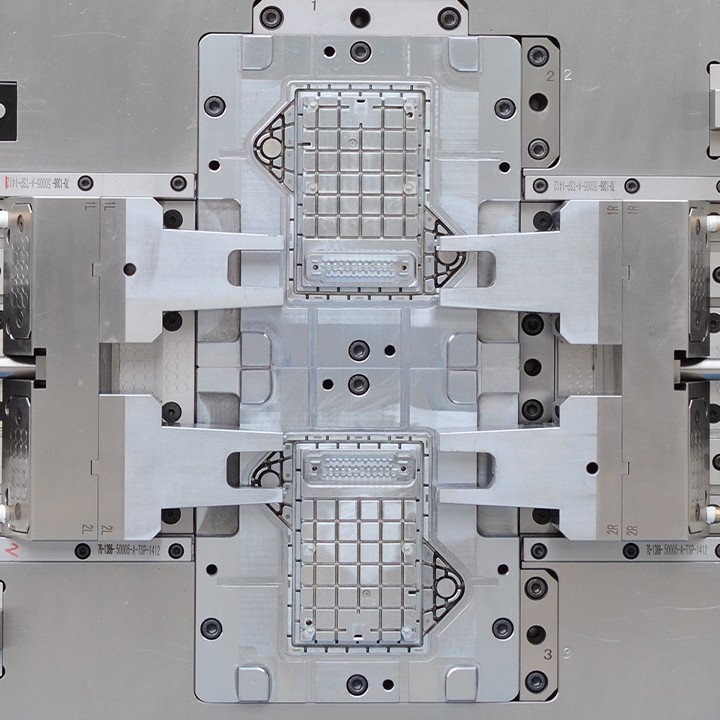
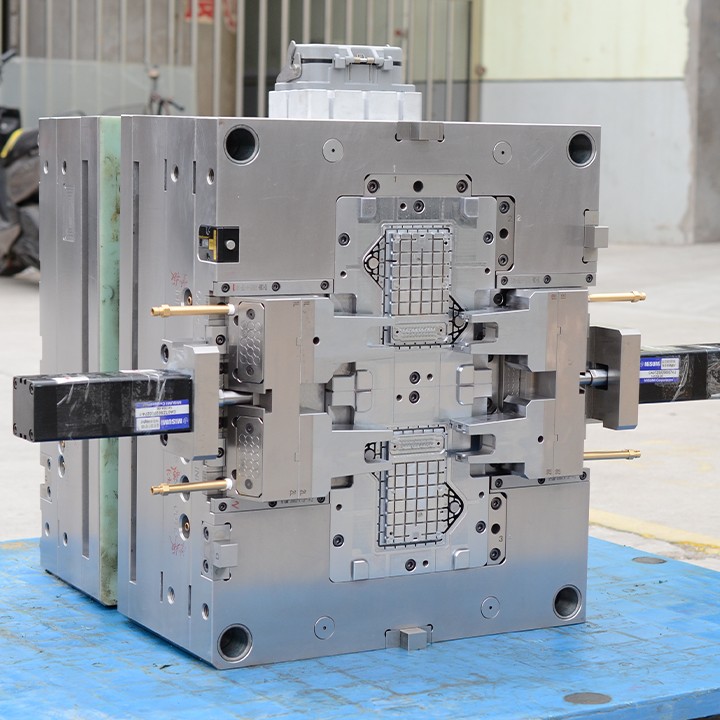
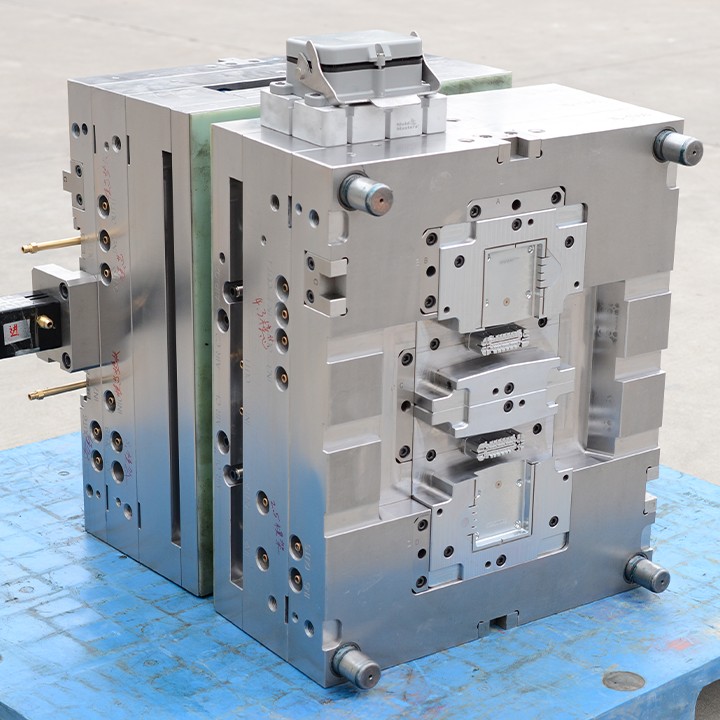
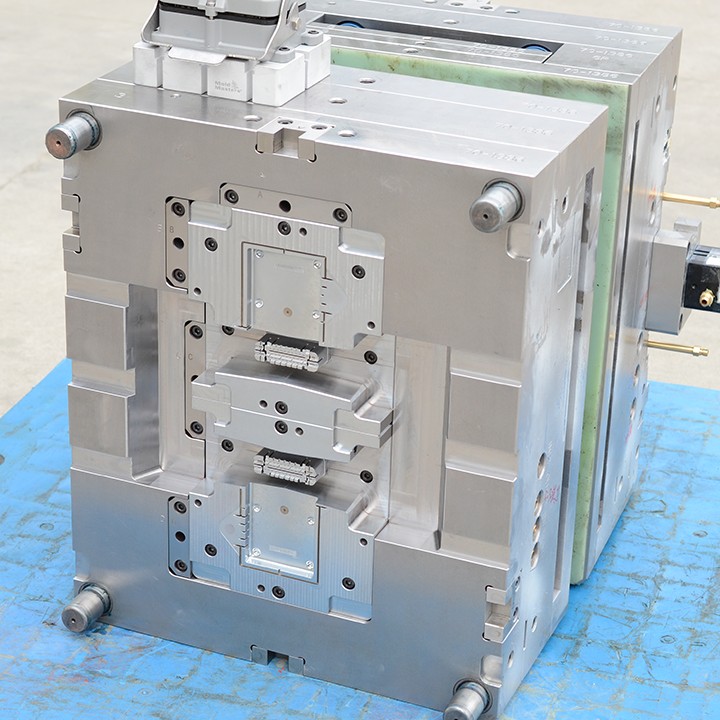
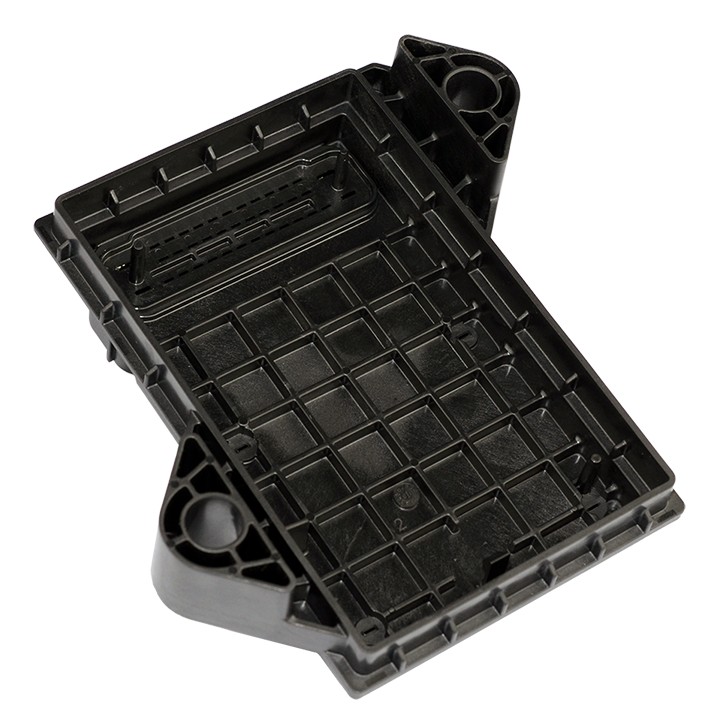
One-stop service: mold design → manufacturing → injection molding → assembly
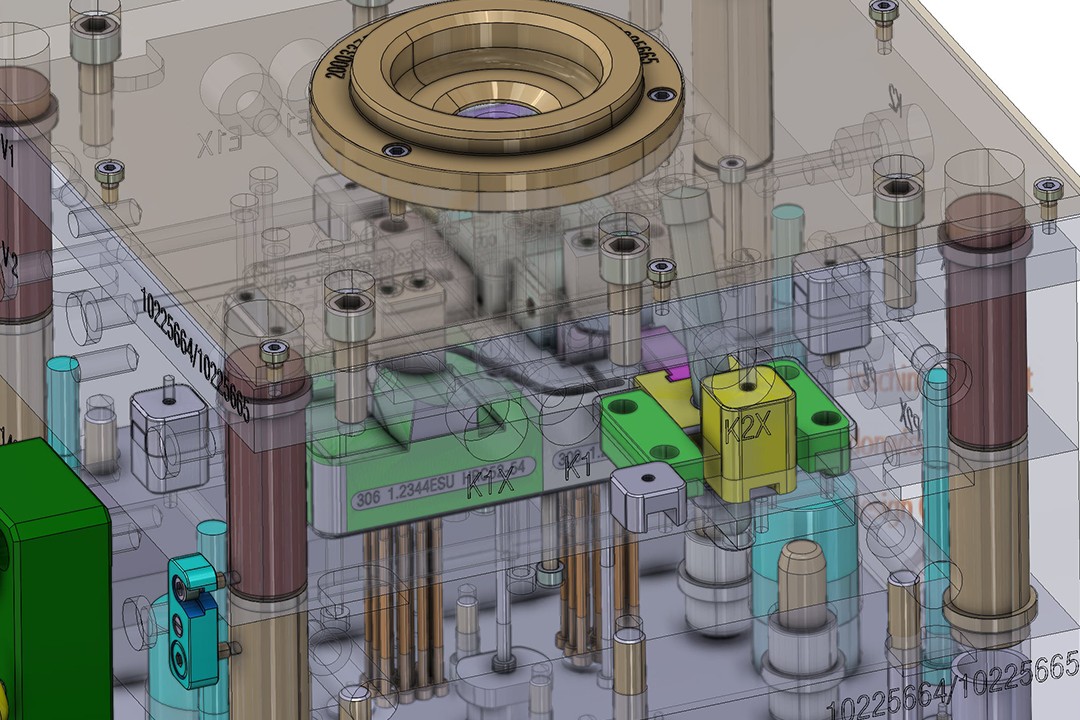
3D design (UG/ProE/CATIA)
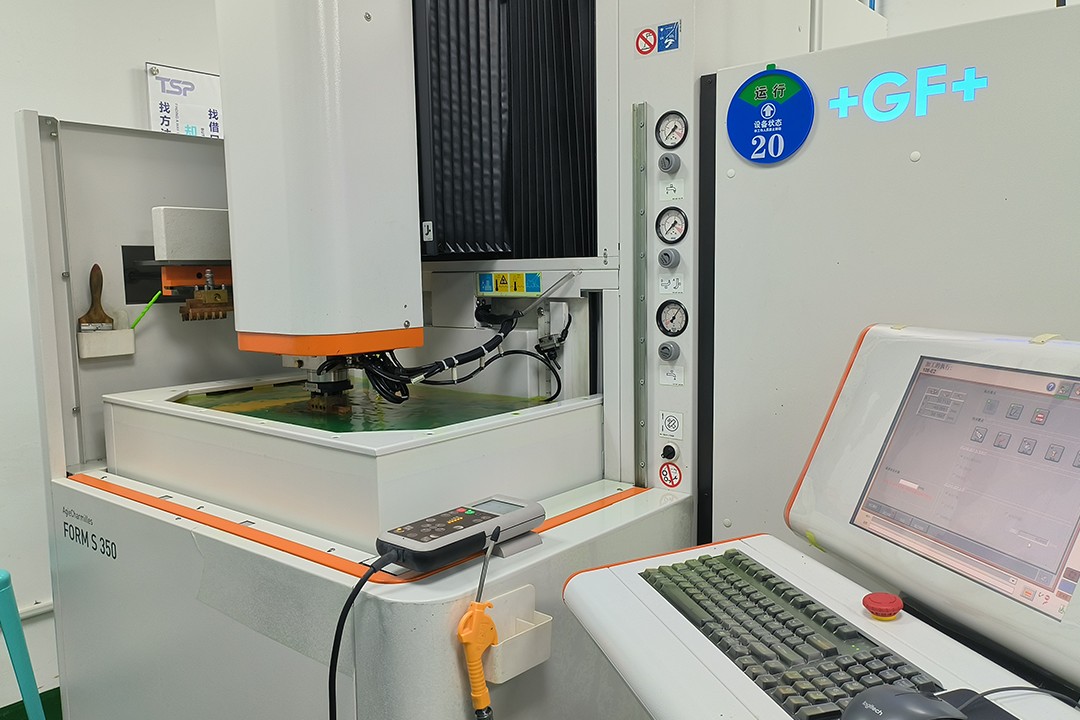
Mold making (CNC, EDM, polishing)
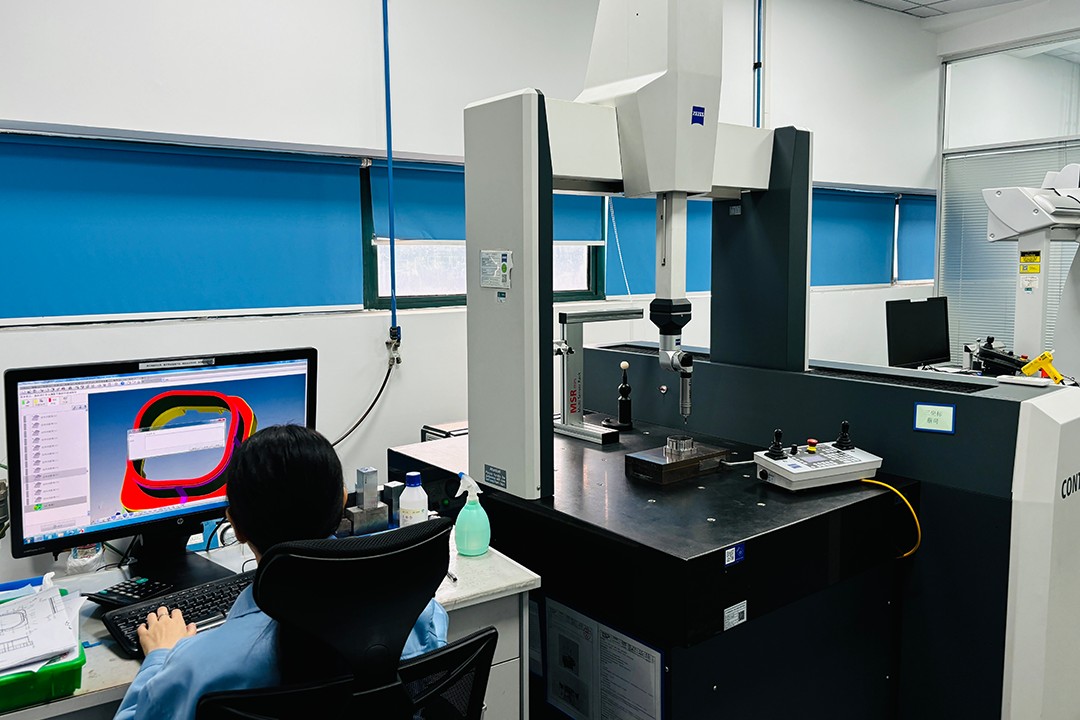
T1 sample and testing
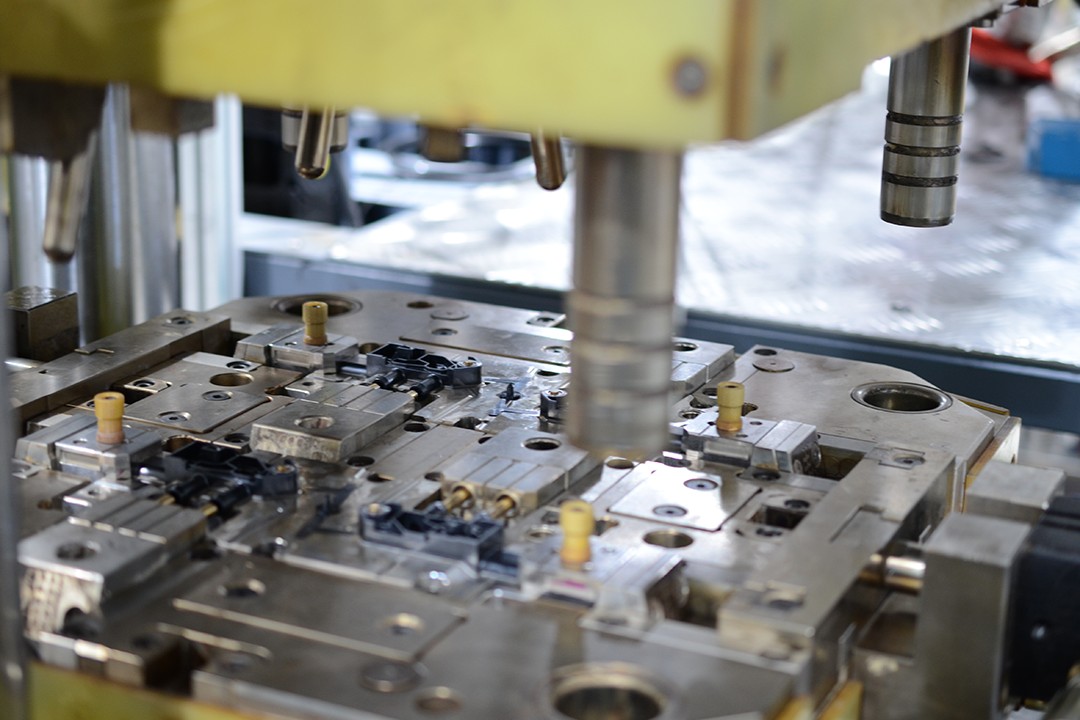
Final optimization and shipment
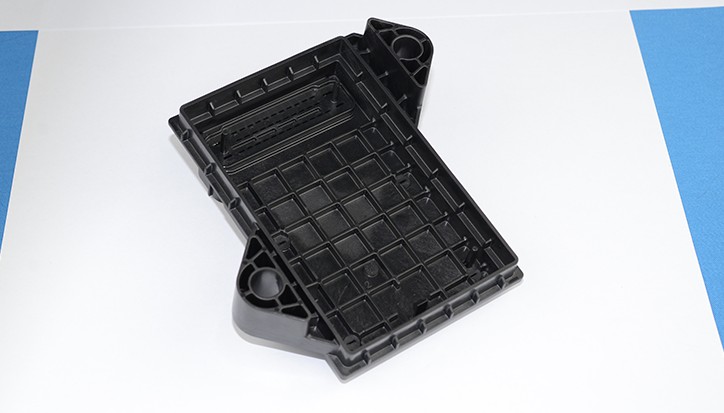
● Usage:Connector Terminals
Manufactured with ultra-fine machining technology, it ensures long tool life, stable performance, and micron-level tolerances.
● Usage:Connector manufacturing
Designed for high-precision production of durable automotive connectors, ensuring reliable electrical connections.
● Usage:Emission Control
Made with high-quality materials and precision connectors for seamless communication among emission control components.

The lifespan of a connector typically depends on the usage environment and frequency of use. Generally, high-quality connectors can withstand thousands of insertion and removal cycles under normal conditions.
When selecting a connector, consider the following factors:
• Application environment: temperature, humidity, vibration, etc.
• Electrical requirements: necessary voltage, current, and impedance.
• Size and shape: ensure compatibility with existing equipment.
Installation steps typically include:
• Ensure the power is turned off.
• Align the connector, ensuring the pins on the plug and socket fit correctly.
• Apply even pressure to insert until you hear a “click,” indicating it is locked in place.
If you experience poor contact, try the following:
• Check if the connector is securely inserted.
• Clean the contact surfaces to remove dust and debris.
• Inspect the connector for damage; if damaged, replace it.
Many connectors are designed to be waterproof and weather-resistant, but for outdoor use, it’s best to select connectors specifically designed for such environments, ensuring they meet the required protection ratings.
We provide customization services for connectors, including special sizes, materials, and electrical specifications. Please contact our technical support for more information.
To extend the lifespan of connectors, we recommend regularly checking and cleaning them. Avoid storing them in high-temperature or humid environments, and refrain from excessive pulling on cables during use.
If you have any questions, feedback, or need more information, please fill out the form below. Our customer service team will get back to you as soon as possible. Thank you for your support!